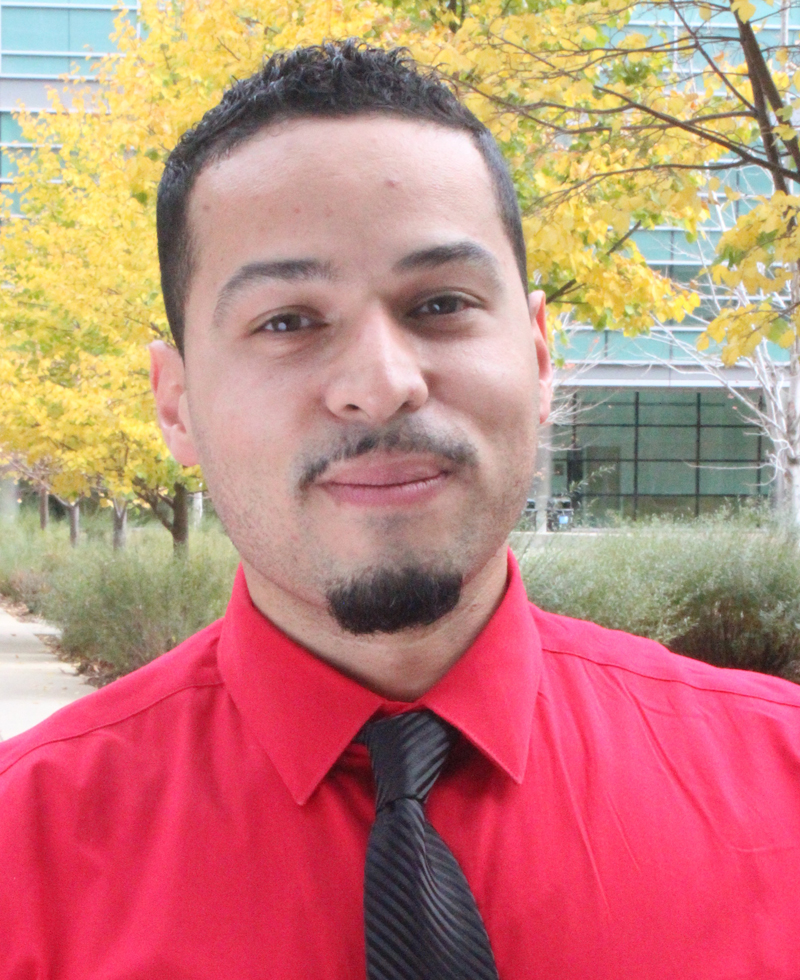
Assistant Professor of Psychology Luis Medina is a 2019 grant recipient of the Alzheimer’s Association Research Fellowship to Promote Diversity. Medina’s research addresses how race, ethnicity and other cultural factors combine to influence the cognitive effects of aging and dementia.
“My work has been evolving over the years as I attempt to highlight how the diagnosis of Alzheimer’s and dementia in diverse populations can be improved,” Medina told the Alzheimer’s Association. “It is widely known in my field that a lot of cognitive tests aren’t as effective when considering culturally diverse people; these tests were simply not developed for these populations. I’ve seen health disparities firsthand: how psychology and assessment tools look different in different populations. I strive to increase our ability to better diagnose Alzheimer’s and dementia by improving current methods.”
Drawing from personal experience, Medina seeks to better understand the ways in which Hispanic populations are uniquely impacted when a family member or loved one experiences cognitive decline.
“The community has a very family-centered approach to caring for their loved ones, an almost unspoken expectation that family is going to be taking care of each other no matter the circumstance,” Medina said. “The truth is that this leads to caregiver burden and stress that goes largely untreated. Some of these people don’t even consider themselves caregivers, as they are doing it for their family.”
Latinos and Latinas are 50 percent more likely to develop Alzheimer’s or other forms of dementia. The onset of these conditions also begins at a younger age in Hispanic populations.
“Increasing education to these communities, we will eventually get people better care and hopefully have a better understanding of what contributes to resistance and resilience in Alzheimer’s disease,” Medina said. “Education and support are out there, and organizations like the Alzheimer’s Association help people get connected and better informed. When I talk to communities about research that is happening and the non-invasive clinical trials that are available, people are interested. I encourage no one to be afraid, because educating yourself on this disease will be worth your time, whether it helps you or someone else.”